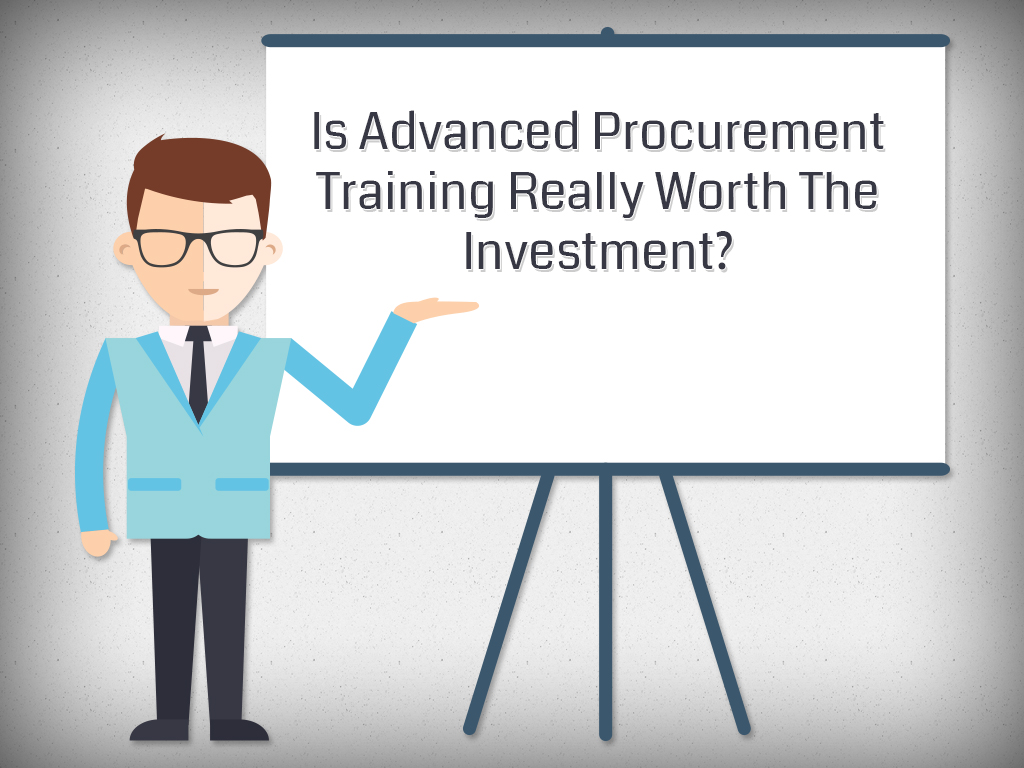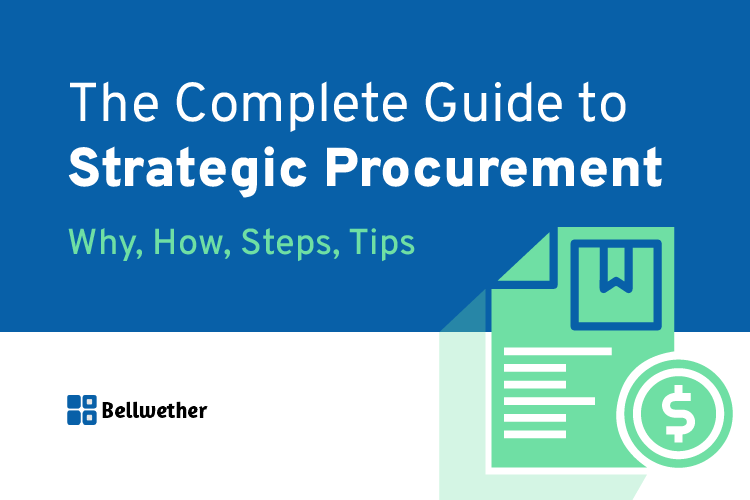Companies hire a purchasing manager for a specific reason; to provide commodities, or marketable items, through the development and implementation of specific strategies and plans. In addition to managing a solid relationship with suppliers, employers may wish to supplement their purchasing manager with procurement training, a form of continued education to better this service.
Recent debate has led employers to question this important expense, calling into question whether training is really worth the time and investment from a fiscal standpoint. We are going to look at each side of the debate and provide you with an honest look at both the benefits and disadvantages, to help you draw your own conclusions. Let’s take a look!
What are the Benefits of Procurement Training?
Procurement training offers specific management skills; melding together recent, industry concepts that provide an advanced level skill set that is applicable of any procurement professional. This is an important consideration for business owners who are looking to maximize their investments, creating a more efficient cash-flow system when purchasing marketable items.
Additional benefits of advanced training include:
- A higher understanding of how procurement impacts on the finances of an organization
- A potential reduction in the cost of materials and services from boosted efficiency
- Confidence from purchasing managers to contribute in strategic objectives
- Improved interpersonal skills resulting in a solid team work environment
- The ability to assist other employees with leadership skills
- Increased relationship between contractor and supplier
- The existing skills of the purchasing manager, evaluating if training is necessary
- Alternative, cost-effective training methods that may help overcome areas of weakness
- Researching additional funding methods, such as grants that can help alleviate costs
- The long term results and how training will impact on those plans
- The employees willingness to be trained as a long term member of staff
Investing in a Bright Financial Future
While training can help a purchasing manager create a more efficient purchasing system, the necessity for continued education falls down to budget and personal preference. The responsibility of financial backing is between the employee and employer; with many large companies setting aside a specific budget. Training may evidence enough that the investment that the company has made are dollars well spent as the immediate benefits make themselves known.







